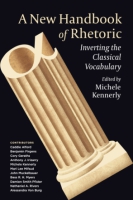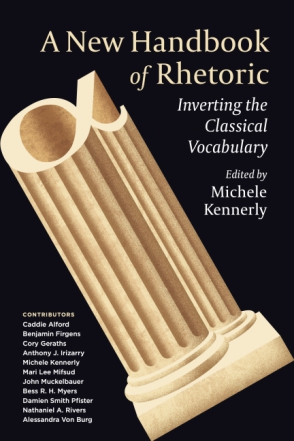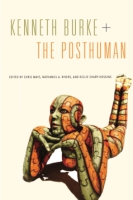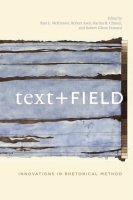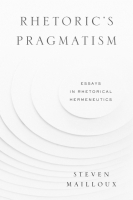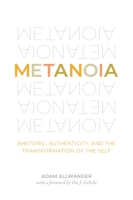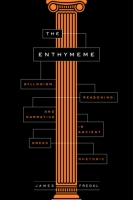A New Handbook of Rhetoric
Inverting the Classical Vocabulary
Edited by Michele Kennerly
“A New Handbook of Rhetoric is a major contribution to the ongoing conversation about how contemporary rhetorical theory relates to the rhetorical tradition. The digital world and global crises such as climate change motivate a search for theories that can explain, accommodate, and advance rhetorical judgments and rhetorical practice. The ‘alpha-privative’ strategy employed here is novel and productive, offering an innovative way to both learn from the past and move into the uncharted and unprecedented future.”
- Description
- Reviews
- Bio
- Table of Contents
- Sample Chapters
- Subjects
A New Handbook of Rhetoric inverts the terms of classical rhetoric by applying to them the alpha privative, a prefix that expresses absence. Adding the prefix α- to more than a dozen of the most important terms in the field, the contributors to this volume build a new vocabulary for rhetorical inquiry. Essays on apathy, akairos, adoxa, and atopos, among others, explore long-standing disciplinary habits, reveal the denials and privileges inherent in traditional rhetorical inquiry, and theorize new problems and methods. Using this vocabulary in an analysis of current politics, media, and technology, the essays illuminate aspects of contemporary culture that traditional rhetorical theory often overlooks.
Innovative and groundbreaking, A New Handbook of Rhetoric at once draws on and unsettles ancient Greek rhetorical terms, opening new avenues for studying values, norms, and phenomena often stymied by the tradition.
In addition to the editor, the contributors include Caddie Alford, Benjamin Firgens, Cory Geraths, Anthony J. Irizarry, Mari Lee Mifsud, John Muckelbauer, Bess R. H. Myers, Damien Smith Pfister, Nathaniel A. Rivers, and Alessandra Von Burg.
“A New Handbook of Rhetoric is a major contribution to the ongoing conversation about how contemporary rhetorical theory relates to the rhetorical tradition. The digital world and global crises such as climate change motivate a search for theories that can explain, accommodate, and advance rhetorical judgments and rhetorical practice. The ‘alpha-privative’ strategy employed here is novel and productive, offering an innovative way to both learn from the past and move into the uncharted and unprecedented future.”
Michele Kennerly is Associate Professor of Communication Arts and Sciences and Classics and Ancient Mediterranean Studies at Penn State University.
A Note from the Editor
Acknowledgements
Introduction: Term Limits
Michele Kennerly
Escape Velocity
Atechnē
Mari Lee Mifsud
Asignification
John Muckelbauer
(Out Of) Place
Atopos
Michele Kennerly
Anostos
Anthony J. Irizarry
Akairos
Bess R. H. Myers
(Not) Knowing For Sure
Adoxa
Caddie Alford
Aporia
Damien Smith Pfister
Agnostic
Cory Geraths
(Not) Seeing It That Way
Apathy
Nathaniel A. Rivers
Aphantasia
Benjamin Firgens
Appendix: (No) Uncertain Terms
Cory Geraths, Michele Kennerly, Mari Lee Mifsud, Bess R. H.
Myers, Damien Smith Pfister, and Alessandra Von Burg
Bibliography
List of Contributors
Index
Download a PDF sample chapter here: Introduction
Mailing List
Subscribe to our mailing list and be notified about new titles, journals and catalogs.
